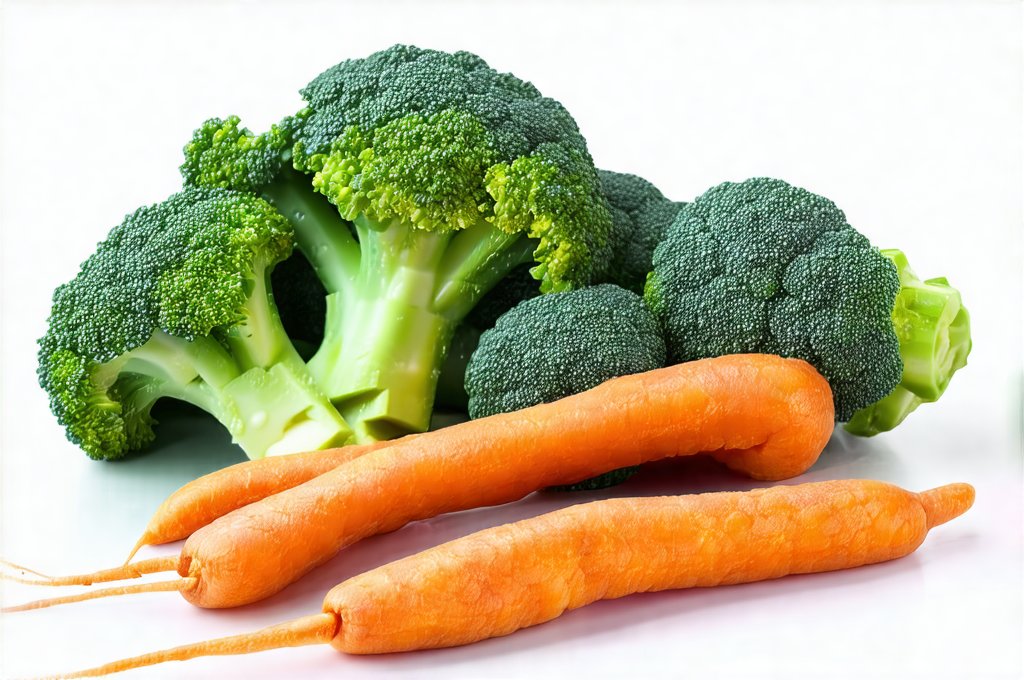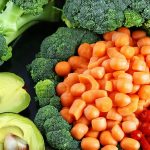Inflammation is often painted as the enemy – a destructive force responsible for chronic disease and discomfort. And while chronic inflammation certainly poses significant health risks, it’s crucial to remember that inflammation itself isn’t inherently bad. It’s actually a vital part of our immune system’s response to injury or infection. Think of a cut finger; the redness, swelling, and pain are signs of inflammation working to heal the wound. The problem arises when inflammation becomes persistent and unregulated, leading to long-term damage. This has led to a surge in popularity for “anti-inflammatory diets” centered around foods believed to quell this unwanted inflammatory response.
However, as with many health trends, there’s nuance involved. The idea that simply loading up on anti-inflammatory foods is a guaranteed path to wellness can be misleading. While incorporating these foods into your diet is generally beneficial, it’s entirely possible – and even likely in some cases – to overdo it. This isn’t necessarily about toxicity or direct harm from the foods themselves; rather, it’s about imbalances, potential nutrient excesses, and overlooking other crucial aspects of a healthy lifestyle. Understanding these complexities allows for a more informed and balanced approach to dietary choices aimed at managing inflammation.
The Allure & Oversimplification of Anti-Inflammatory Diets
The appeal of anti-inflammatory diets lies in their promise of naturally addressing the root causes of many modern ailments. Chronic diseases like heart disease, arthritis, type 2 diabetes, and even some cancers have inflammatory components, making a dietary approach seem intuitive and empowering. These diets typically emphasize foods rich in antioxidants and specific nutrients believed to modulate inflammatory pathways. Common examples include:
- Fatty fish (salmon, mackerel, sardines) – rich in omega-3 fatty acids
- Berries – packed with antioxidants like anthocyanins
- Leafy green vegetables – sources of vitamins, minerals, and phytonutrients
- Olive oil – contains oleocanthal, a compound with anti-inflammatory properties
- Nuts & seeds – provide healthy fats and nutrients
The problem isn’t the foods themselves; it’s the tendency to view them as a magical cure. People may fall into the trap of thinking that if some is good, more must be better. This can lead to dietary restrictions that eliminate valuable food groups or an overreliance on specific ingredients, creating imbalances and potentially missing out on essential nutrients found in other foods. For instance, focusing solely on berries as an antioxidant source might mean neglecting the benefits of colorful vegetables like carrots or sweet potatoes, which offer different but equally important compounds.
Furthermore, the term “anti-inflammatory” is often used broadly without a clear understanding of how these foods interact with individual physiology. Inflammation isn’t a monolithic process; it involves complex biochemical pathways that vary from person to person. What works for one individual may not work for another, and there’s no guarantee that even consistently consuming anti-inflammatory foods will eliminate inflammation entirely. It’s crucial to remember that diet is just one piece of the puzzle – lifestyle factors like stress management, sleep quality, and physical activity play equally important roles. You might also find helpful information about reacting to seemingly healthy foods in why you might react.
Potential Pitfalls & Unexpected Consequences
Overdoing any single dietary pattern can have unintended consequences. In the context of anti-inflammatory diets, these might include digestive issues, nutrient deficiencies, or even paradoxical inflammatory responses. For example, excessive consumption of cruciferous vegetables (broccoli, cauliflower, kale) – generally lauded for their health benefits – can interfere with thyroid function in some individuals due to compounds called goitrogens. Similarly, a very high intake of omega-3 fatty acids, while beneficial for many, can potentially thin the blood and interact with certain medications.
Another concern is the potential for orthorexia nervosa, an unhealthy obsession with “clean” or “healthy” eating. This can manifest as extreme dietary restrictions, anxiety around food choices, and social isolation. While not directly caused by anti-inflammatory diets, they can contribute to this mindset if taken to extremes. The focus on eliminating “inflammatory” foods can lead individuals to demonize entire food groups, fostering a restrictive and unsustainable approach to eating.
Moreover, the emphasis on certain foods may inadvertently overshadow other essential dietary needs. For example, prioritizing salmon for omega-3s might mean neglecting adequate protein intake from diverse sources like lean meats or legumes. A balanced diet requires a variety of nutrients, and focusing solely on anti-inflammatory properties can create imbalances that compromise overall health. It’s also important to consider individual sensitivities and allergies; what’s considered “healthy” for one person could trigger an adverse reaction in another – you can learn more about this in can you have a reaction.
The Fiber Factor & Digestive Distress
Many anti-inflammatory diets are rich in fiber, which is undoubtedly beneficial for gut health and overall well-being. However, rapidly increasing fiber intake can actually cause digestive upset – bloating, gas, cramping, and even constipation. Our gut microbiome needs time to adapt to changes in dietary fiber content.
- Start slowly: Gradually increase your fiber intake over several weeks.
- Hydrate adequately: Fiber absorbs water, so drinking plenty of fluids is essential.
- Listen to your body: Pay attention to how different types of fiber affect you and adjust accordingly.
Some individuals are also more sensitive to certain types of fiber than others. For instance, FODMAPs (fermentable oligosaccharides, disaccharides, monosaccharides, and polyols) found in foods like onions, garlic, apples, and some legumes can cause digestive issues in people with Irritable Bowel Syndrome (IBS). An overly zealous pursuit of an anti-inflammatory diet might inadvertently lead to a high FODMAP intake, exacerbating symptoms for those susceptible. If you struggle with IBS, it’s helpful to know 5 foods to avoid.
Omega-3 Overload & Potential Risks
While omega-3 fatty acids are crucial for reducing inflammation and supporting heart health, excessive intake can have unintended consequences. High doses of fish oil supplements (often used in pursuit of anti-inflammatory benefits) can:
- Increase the risk of bleeding: Omega-3s have a mild blood-thinning effect.
- Suppress immune function: Extremely high levels may interfere with the immune system’s ability to fight off infections.
- Interact with medications: Omega-3 supplements can interact with anticoagulant and antiplatelet drugs.
It’s generally safer – and more effective – to obtain omega-3s from whole food sources like fatty fish rather than relying heavily on supplements. The body absorbs and utilizes nutrients better when they come packaged in their natural form, along with other beneficial compounds found in the food itself. Furthermore, focusing exclusively on omega-3 intake can lead to an imbalance of essential fatty acids; it’s important to also consume adequate amounts of omega-6 and omega-9 fatty acids. Can fermented foods also impact gut health, which is closely linked to inflammation.
The Antioxidant Paradox & Potential for Pro-Oxidant Effects
Antioxidants are celebrated for their ability to neutralize harmful free radicals, but there’s a growing body of evidence suggesting that excessive antioxidant intake can actually be pro-oxidant – meaning it could potentially contribute to oxidative stress. This seemingly paradoxical effect occurs because high doses of antioxidants can interfere with the body’s natural defense mechanisms and disrupt cellular signaling pathways.
- The body needs some level of oxidative stress: It’s essential for triggering important processes like muscle adaptation after exercise.
- Focus on a variety of antioxidants: Rather than mega-dosing on one antioxidant, prioritize a diverse diet rich in colorful fruits and vegetables.
- Whole foods are key: Antioxidants work synergistically with other nutrients found in whole foods, enhancing their effectiveness.
The best approach is to obtain antioxidants from a balanced diet rather than relying on supplements. A food-first strategy ensures that you’re getting a spectrum of beneficial compounds working together to support overall health, and minimizes the risk of unintended consequences associated with excessive supplementation. Can sugar-free foods seem healthy but can have hidden impacts on your body too.
Ultimately, the key isn’t necessarily avoiding anti-inflammatory foods but approaching them with mindful moderation and a holistic perspective. A truly effective anti-inflammatory strategy involves addressing all aspects of lifestyle – diet, exercise, sleep, stress management – rather than fixating on specific food items. If you are sensitive to caffeine, it is important to know can you drink coffee and how it affects your body.


















